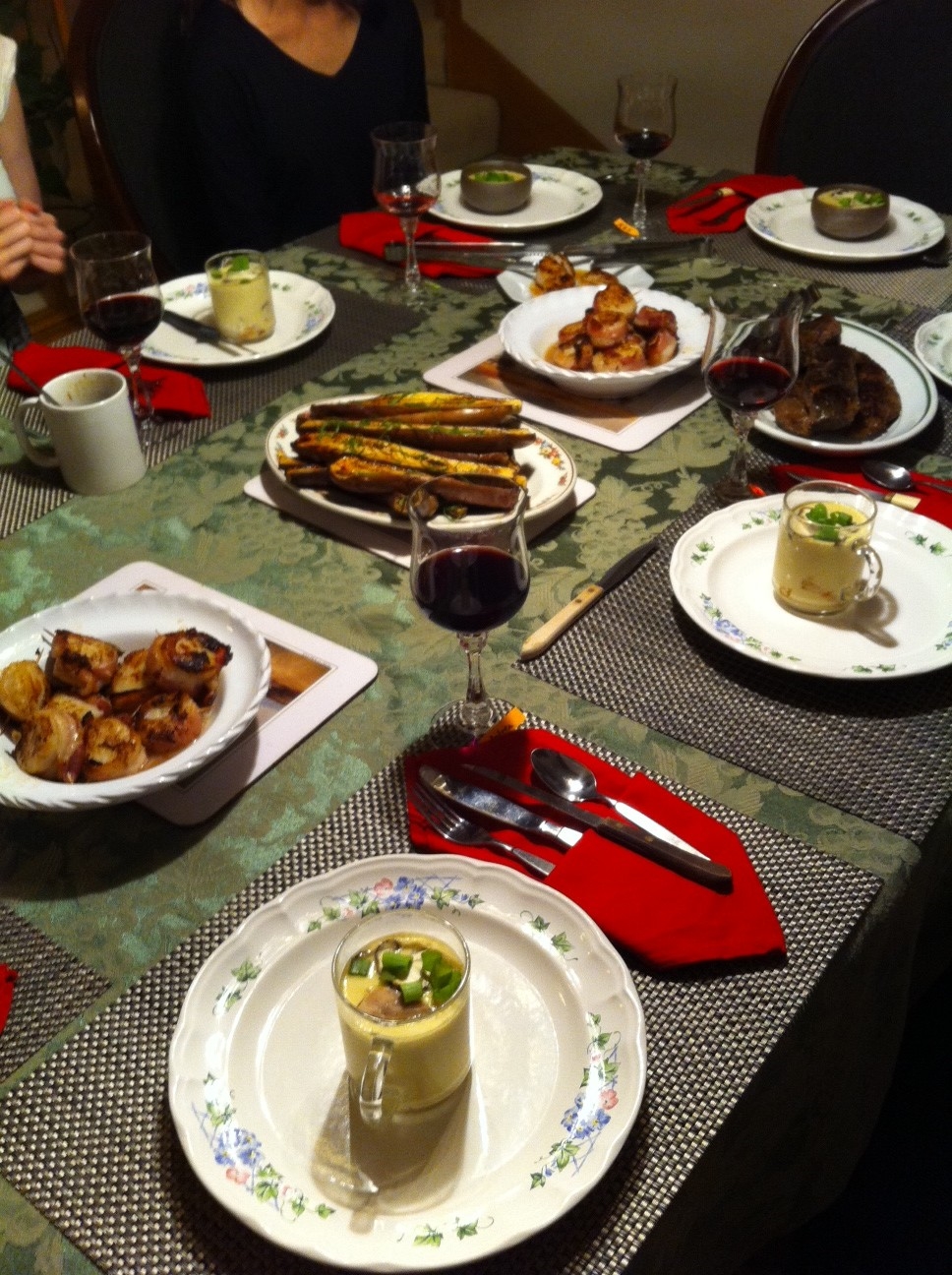I've been tagged by Bob over at The Doors to Everywhere! Bob is a YA author and is a member of my in-person (*gasp*) writing group, Stonehenge. He writes sci-fi adventure, wherein the kids don't just save the universe--they save one another.
1. What are you currently working on?
I’ve got a dark fantasy novel, Windrider, which I’m currently in the process of revising and cleaning up. I’ve been describing it to people as The Other Boleyn Girl meets Breaking Bad, with dragons. I’ve got an urban fantasy series, Changeling Wars—the first book needs one more pass, and the second is in-progress. Sillier, lighter fare than my usual. And I’m very excited for the next epic fantasy I’m working on, entitled The Bone Shard Daughter. I’ve been throwing a lot of “Wouldn’t it be cool if…?” ideas at it. For now, my lips are sealed! Errrr…my fingers are taped together? Hmmm…not sure the equivalent for typing…!
2. How does your work differ from others in its genre?
I wouldn’t really presume to say that it’s that much different. I can say that I like to deal in non-Western European fantasy, but other authors do the same. I can say that I write complex, complicated characters, but a lot of other authors do that too. I like poetic language, I like immersive description, I like worldbuilding. Again, I am not the only one.
I think the one true way in which my work is different is that it is my work. It will always be colored with my perceptions.
3. Why do you do what you do?
Is “I’m not entirely sure” an acceptable answer? I’ve been writing since I was a kid. I love creating stories, characters, worlds. I love reading, I love to be immersed. I guess I’ve always wanted to be the one on the other side, pulling the puppet strings.
4. How does your writing process work?
I’ll just cover novels, since short stories are an entirely different beast for me. I get an idea, a concept. Sometimes it’s inspired by something really mundane, like Marina finding a bone shard in her Chinese food.
A lot of them die out when I realize they are DUMB, but some keep germinating.
I start researching, picking up other ideas and sticking them onto the first one. At some point, I’ll usually dash out the beginning couple scenes, just to get a feel for the voice, the characters, the world. I create a character and world sheet, and add to it as I see fit, but they’re usually only 1-2 pages each. Most of it, in the beginning, just grows in my head.
I daydream for at least a year before writing the outline and starting the project in earnest. This may sound like a long time, but I’m always drafting or working on something else while I’m daydreaming about the new project. I find it takes that much percolation time for the world and the characters to feel real and developed.
Completing the outline usually takes a couple weeks, and then I like to draft in a mad rush—usually a few months’ time.
And then I let it sit for a bit and I procrastinate and I become a ball of anxiety about how I will NEVER be able to get the draft into shape.
I start revising. My worst fears are true. It’s horrible, it’s awful, I’m paralyzed by indecision and appalled at my own ineptitude. And then 1-2 weeks in, I hit my stride and start to feel like it might just work out okay. I make a list of all the things I need to change and where (lists are great and very, very calming). I change them. One day I wake up and I’ve got something I can send to beta readers.
That pretty much covers my process.
Tagged:
Matt Maxwell A writer I met at FogCon who also lives in the area. He did a reading in the same time slot as me. Very surreal, fantastical coming-of-age story.
Drew Rhodes I also met Drew at Stonehenge. He writes some very fun, funny stuff.
Richard Crawford Richard is pretty much one of my favorite writing people. Read his stuff, it's funny and creepy and awesomely weird!





